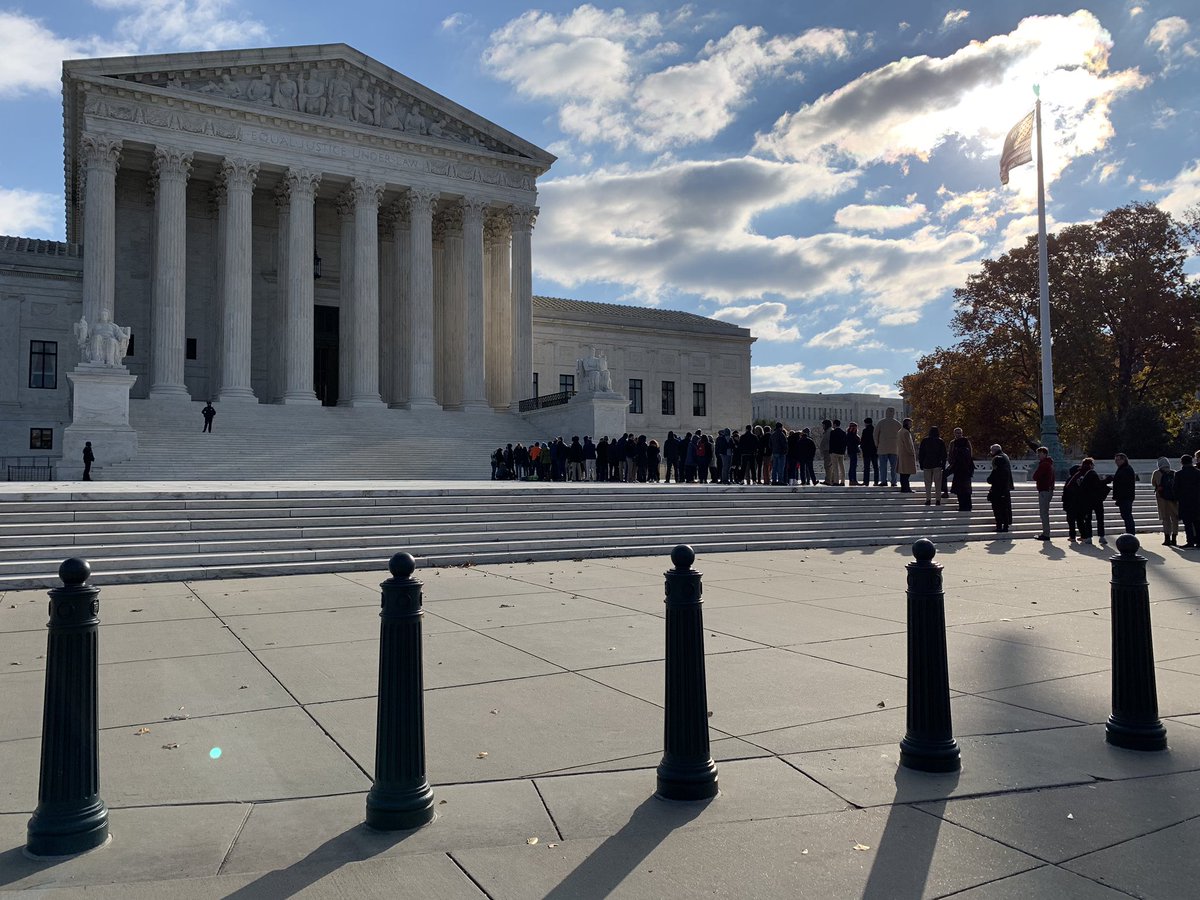washingtonpost.com/opinions/the-c…
First, I have never had so many commenters read a column completely backwards.
But let's look at all the advantages I did start out with.
And while I don't fault any parent for doing that, it's a problem for society.
My grandfather, who barely finished high school, and was not in any way academically inclined, was more financially successful than his college-educated relatives & children. How likely is such a scenario today?
washingtonpost.com/opinions/the-c…



